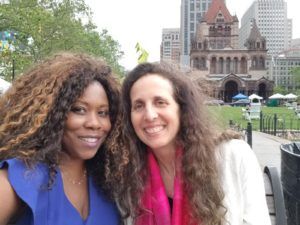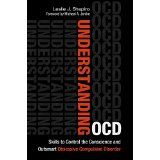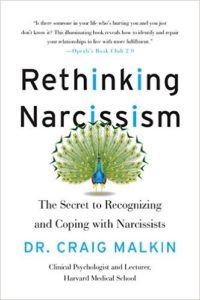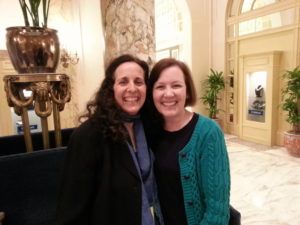Having just returned from Harvard Medical School’s CME publishing course, I’m sharing the sage advice from literary agents and publishers, which they shared during a panel on publishing.
[bctt tweet=”6 Opportunities for Experts Writing Prescriptive Books (Health, Self help, How to)” username=”LisaTener”]

Regina Brooks (Serendipity Literary Agency): Some publishers are moving away from traditional publicity and are embracing content marketing instead. This increases the requirement for authors to create additional material beyond the book content to stimulate and promote their brand.
Don Fehr (Trident Media Group): There are many more platforms to get noticed: traditional publishing, self publishing and blogs.
Lisa Akoury-Ross: Be open to multiple ways to get your message out there. With a variety of platforms authors can publish in ways other traditional publishing today.
Marissa Giambelluca (Page Street Publishing Company): The author is the main selling point. Tell your story in an authentic way.
Linda Konner (Linda Konner Literary Agency): We’re seeing more books based on podcasts. Podcasts can lead to book deals.
Joe Rusko (Johns Hopkins University Press): In consumer health, there’s a big opportunity to prepare patients for their health care interactions and offer tools for self advocacy. Make sure to counter incorrect information and share recent studies.
After overall advice from literary agents and publishers, they shared their answers to specific questions from participants. Perhaps your burning question appears below!
Literary Agents and Publishers Answer Questions
How easy is it to publish a book with individual chapters written by various experts?
Jean E. Thomson Black (Yale University Press): Although Yale University Press will publish edited books and contributed volumes, we are very frugal about how many slots we allocate for them. There are often concerns that the book cannot speak with one voice, and it can be a challenge to avoid overlaps in coverage or gaps. If the edited work proposed has top-notch contributors and could operate as a good reference or coursebook, we are more likely to give it serious consideration.
Is there a place for humor to get my message across in non-fiction?
John Maas (Park & Fine Literary and Media): There is a place for humor, but it needs to be authentic to you.
Julie Silver, MD: Read books in your genre that use humor.
More Advice from Literary Agents and Publishers
Joe Rusko mentioned that the acquisitions board at Johns Hopkins performs a gap analysis on each book they consider. “We align the table of contents and indices to see if they cover the same content and to quantify the unique material for the book being considered.” You may want to perform your own gap analysis to help fine tune your book concept.
Regina Brooks mentioned searching Twitter for the hashtag #mswishlist. Agents and editors in this Twitter conversation reveal what topics they are interested in.
[bctt tweet=”9 Final Tips from Agents and Publishers” username=”LisaTener”]

John Maas: When publishers think about platform, they are not looking for sheer numbers, but for social proof. Demonstrate that your ideas work.
Lisa Akoury-Ross: Don’t skimp on finding a good editor. Look for the right fit and someone with the credentials necessary to help you achieve your goals.
Regina Brooks: Think of all the ways you can deliver your content to an audience. Podcasts, Courses, Books. etc…You can create an entire ecosystem of sales channels for the same content.
Don Fehr: While platform is important, you need a good idea. Don has sold the book of an author with no platform when that author found a gaping hole in a promising market.
Marissa Giambelluca : Your voice and approach should be unique.
Linda Konner: Instead of focusing on the book you want to write, focus on what your reader wants to read.
Linda also suggests getting published in the Modern Love section of the New York Times as a way to build your platform.
Jean Black: Read Strunk and White once a year. Pay attention to style.
Joe Rusko: Ask yourself, “What are the 10 questions asked by everyone who walks through my door?” Also, search Google Trends to find what questions people are asking on your subject.

 Leslie Shapiro, MSW, an expert in treating OCD (and a past course participant!), noted that patients tended to relapse if a specific symptom was not addressed. Yet other books seemed scant on advice about this symptom. Thus, she demonstrated a strong need for
Leslie Shapiro, MSW, an expert in treating OCD (and a past course participant!), noted that patients tended to relapse if a specific symptom was not addressed. Yet other books seemed scant on advice about this symptom. Thus, she demonstrated a strong need for 



